On Premier League training grounds right now, there’s a complaint that more and more players are expressing. That is that the game is no longer primarily about finesse, speed or even transitions, as was the case as recently as 2022-23.
It’s about “duels, duels and duels”, as one high-profile defender privately grumbled. That is one of a few reasons that long throws per game have doubled from 1.52 last season to 3.03 now, and from just 0.89 in 2020-21. The method forces more duels in the box, which might bring ricochets, corners or even goals.
One of the best illustrations is one of the most prominent individual rivalries. Erling Haaland and Gabriel love to go at it, in the type of striker-centre-back battle that Arsene Wenger lamented as disappearing in 2014. One Arsenal figure described Haaland as “almost the ideal long-ball player” because of his physical prowess.
So much for Pep Guardiola bending the Norwegian to his tactical will. Haaland has instead been one of many forces that have ensured Guardiola himself has compromised his own beliefs in a way that would have been unimaginable in 2009. For that last 1-1 draw against Arsenal, he essentially opted for Jose Mourinho’s Internazionale set-up.
And this is where we might well have gone past a tactical “end of history” moment, to create a new uncertainty about the game’s future as it’s played. In the same way that Francis Fukuyama notoriously declared the fall of the Berlin Wall as the final victory of liberal democracy, Guardiola’s rise with Barcelona supposedly signalled Total Football’s total conquest forever. The reinterpreted “positional game” changed everything.
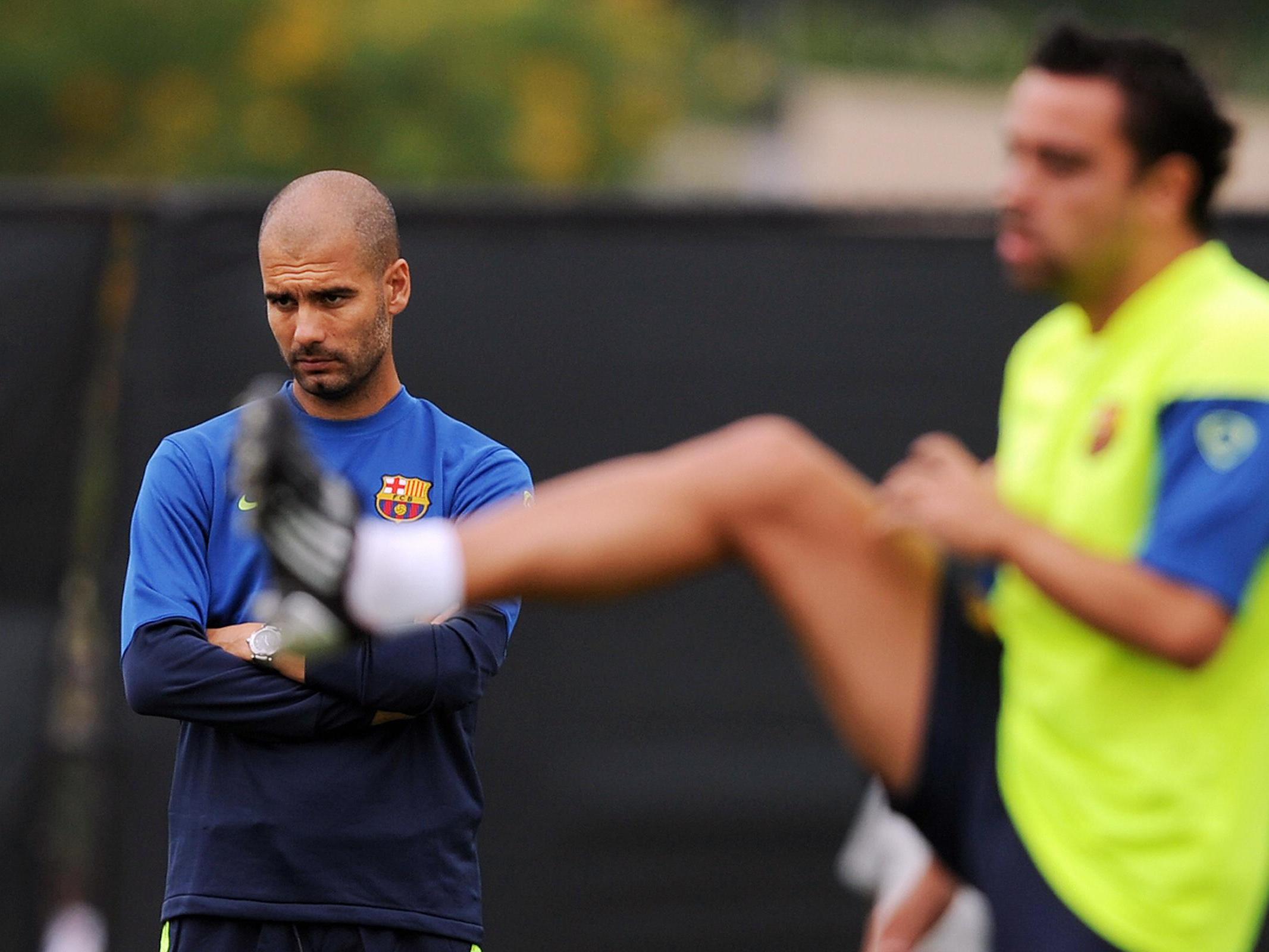
That was only more complete a conquest when Guardiola changed English football, too. In another instructive statistic, the frequency of long goal-kicks had been declining every season since Guardiola’s arrival campaign of 2016-17… until now. They’re going up.
Due to both scientific advances and the sophistication of the ideology, that Catalan-Spanish approach ensured there has been an obvious optimum way of playing for around 16 years. That is a long time. If you didn’t seek to control the ball and territory through possession and high pressing, you were likelier to lose over the long term. This was clearly best practice, as most champions played this way.
By the 2022 World Cup, however, the game had evidently become too tactically homogenised. Even as recently as June, Thomas Tuchel was declaring himself bored by too many Premier League teams playing the same way, and building through the right-back.
Already, however, any deviation was starting to have disproportionate effect. Argentina’s World Cup win partly came from Lionel Scaloni’s willingness to trust individual creativity.
Now, such deviations have exploded. The pace of change was illustrated in September, as the same Tuchel couldn’t help but notice how “long throws, long kicks, crosses... all these patterns are back”.
As such, this isn’t another article about the end of Guardiola principles. It is instead about what next.
Because, if it’s no longer best practice to do what most of the best sides have been doing for 16 years, then we really are in a whole new world. There is no best practice, which means there are no longer the same guarantees.
That can be witnessed in the fact that Liverpool’s expenditure hasn’t directly translated into results yet, as they move from Arne Slot’s own positional game to a greater focus in individual talent. Andoni Iraola has been similar in freeing his players from tactical shackles.
Go beyond formations, tactics and score lines – subscribe to the Miguel Delaney: Inside Football newsletter for deeper insight into how the modern game is changing.
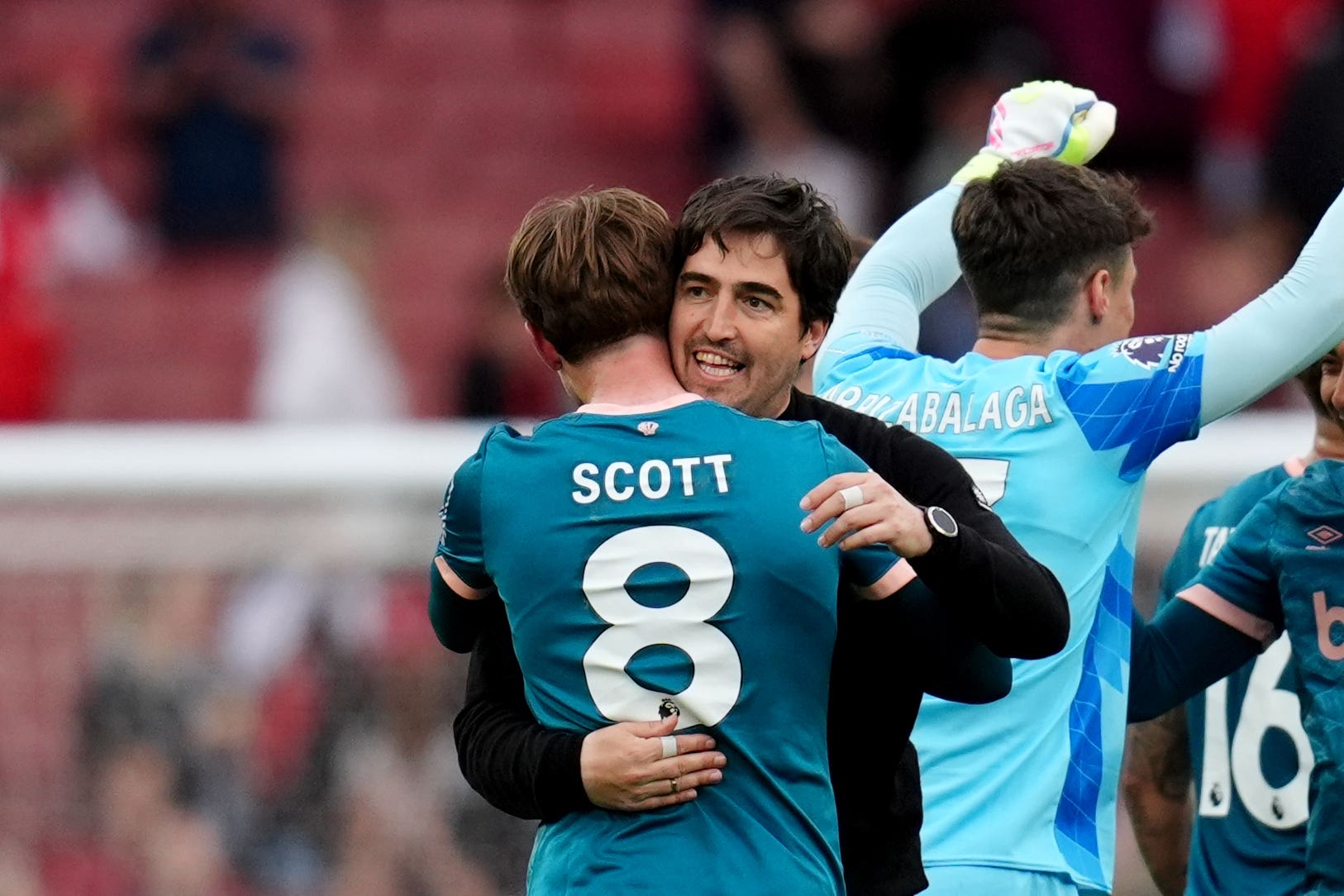
Many others have moved towards set-pieces and counters. League Manager Association seminars have noted how the majority of table leaders in the EFL have been much further down the possession rankings than at any point in the last few years.
Ideological dogmatism is ceding space to pragmatism.
It is perhaps quintessential Guardiola, though, that the man himself has driven this anti-Guardiola movement forward by shifting more drastically away from his own ideology than anyone else. None of his many acolytes have opted for that Mourinho approach, not even Mikel Arteta at his most set-piece focused.
It is also quintessentially Guardiola that he has done most to explain this. Part of the shift, of course, is that issue that football became so homogenised that it was crying out for deviation. Part of it – as the City manager argued – is that the expanded Champions League calendar means no elite side can train the positional game enough to excel in it and elevate themselves above the rest.
The Guardiola approach can’t be anywhere near as effective if it isn’t as finely tuned, after all. Structural gaps and pressing breakdowns appear.
“Today, modern football is not positional,” Guardiola recently said, in reference to the effect of the calendar. “Simply because we did not have the players… all the teams have a lot of injuries when you play every three days.”
It would be a classic parable for modern football if more matches led to lower-quality football – except, many observers want some kind of change; some reversion to more individual magic.

That’s instead where the next ideological battleground might be, between the unpredictability of unrehearsed creativity and the rehearsals of set-pieces. Or maybe even a meld of the two.
Those at Arsenal, after all, would insist the focus on set-pieces is an evolution of the positional game rather than a deviation.
Arteta’s side themselves currently represent a deviation from the LMA research, as their average possession is currently at 57.6 per cent. The Basque manager is still ultimately about “control” above anything else. He prioritises the positional game, because he believes control of space and the ball gives you the best probability of victory, and he talks about “probabilities” a lot.
You only have to look at Arteta’s response to last season, given that Guardiola specifically name-checked Arsenal’s injury troubles in that same interview. Arteta couldn’t play his ideal way due to absences, so he just ensured absences would matter less. He deepened the squad, adding to a core group that understand his ideology.
Even those who looking to deviate, after all, would say that core Guardiola requirements – pressing, technique – are now hardwired into the sport. They won’t go.
But if the overall ideology isn’t as much of a winning guarantee as it used to be, it logically follows that Arteta looked to what next. If Arsenal’s possession pressure comes up against newly massed defences, so they get more corners and throws, so it’s just common sense to focus on improving those corners and throws. It’s a new differential. Hence the greater focus on duels.
The more that starts to happen, though, the more you further the shift away from overall Guardiola ideology.
Put simply, you aren’t playing as much possession if you eschew a short corner for hitting the big man.
Infamously, the rise of authoritarianism and 2008 financial collapse caused Fukuyama to admit he was wrong, even if it seems trivialising to be discussing that in the context of sport. Now, in football, everyone is searching for “probabilities” in a world where there are suddenly no guarantees. It might take the game down a path no one has yet foreseen.

.jpeg)
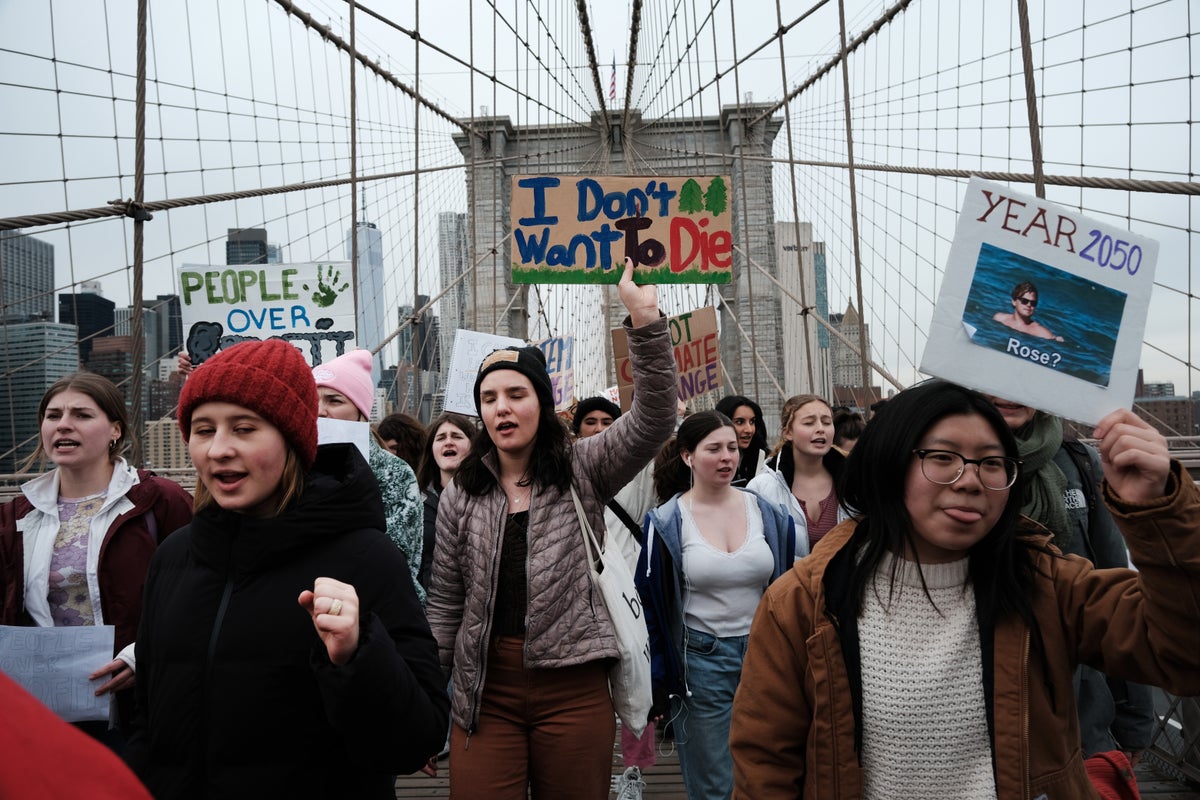


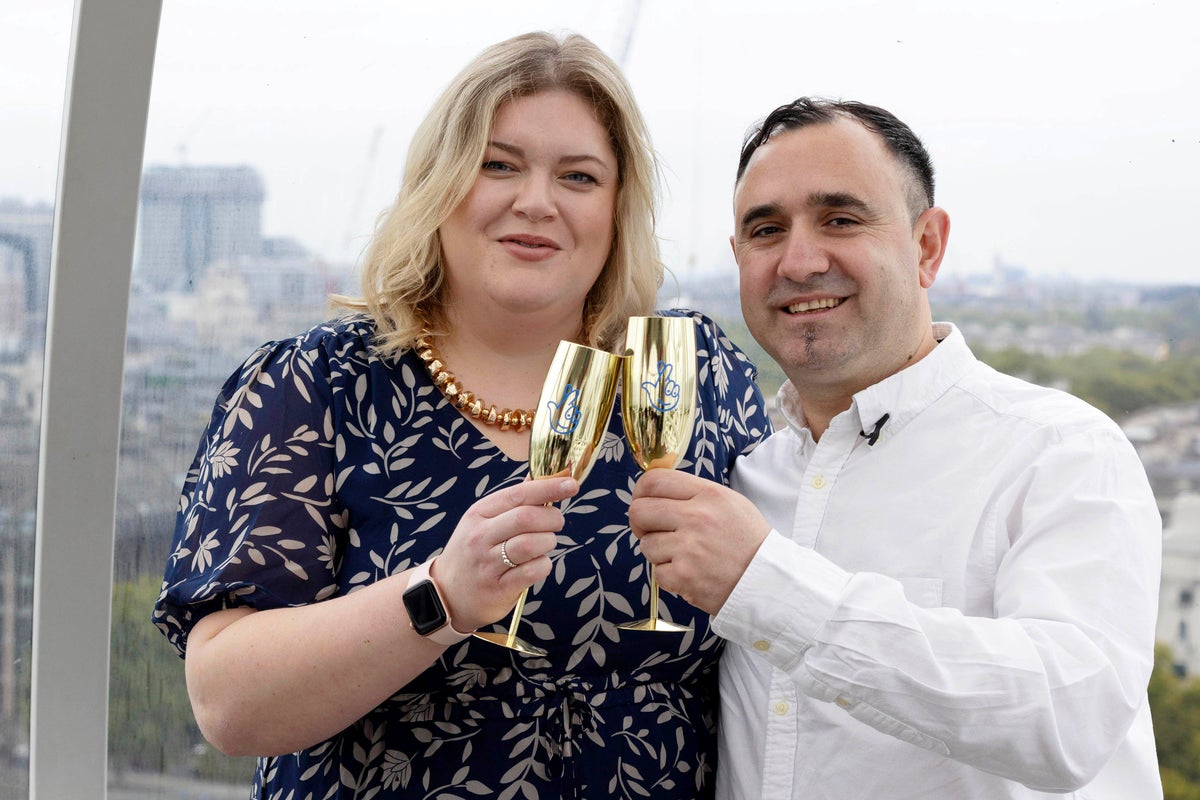











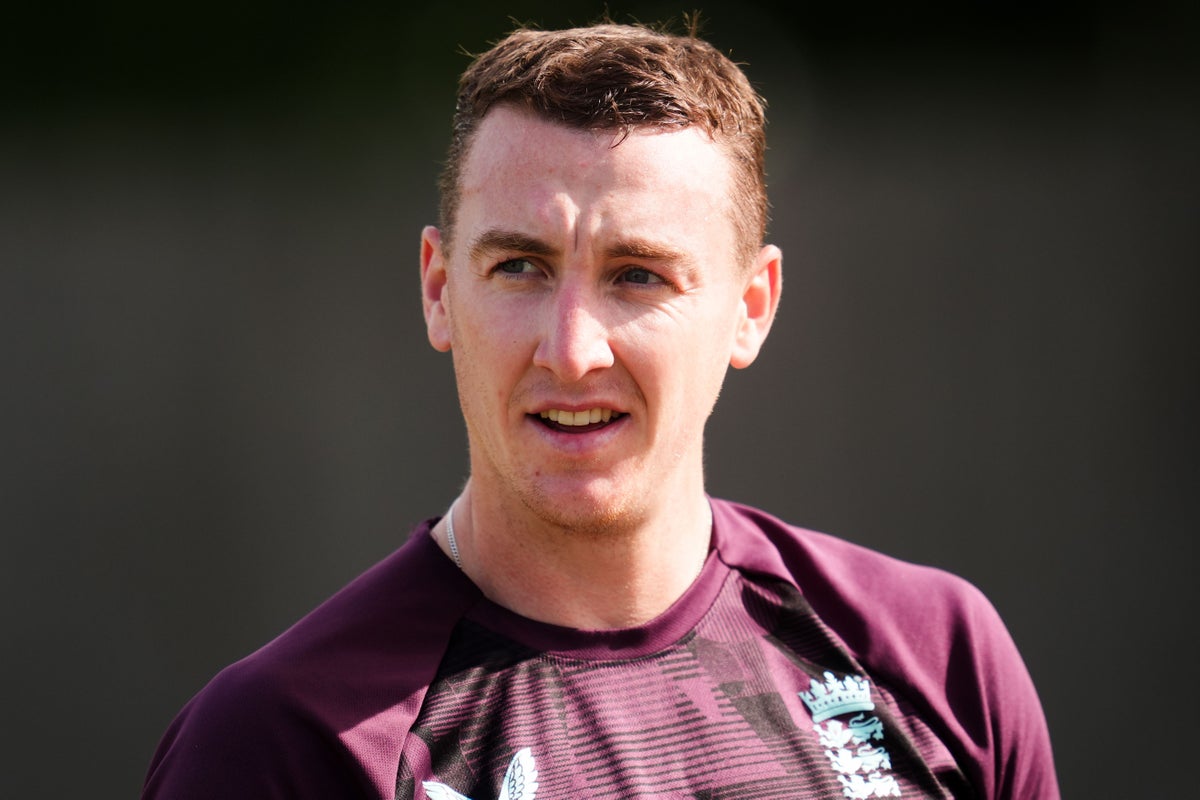


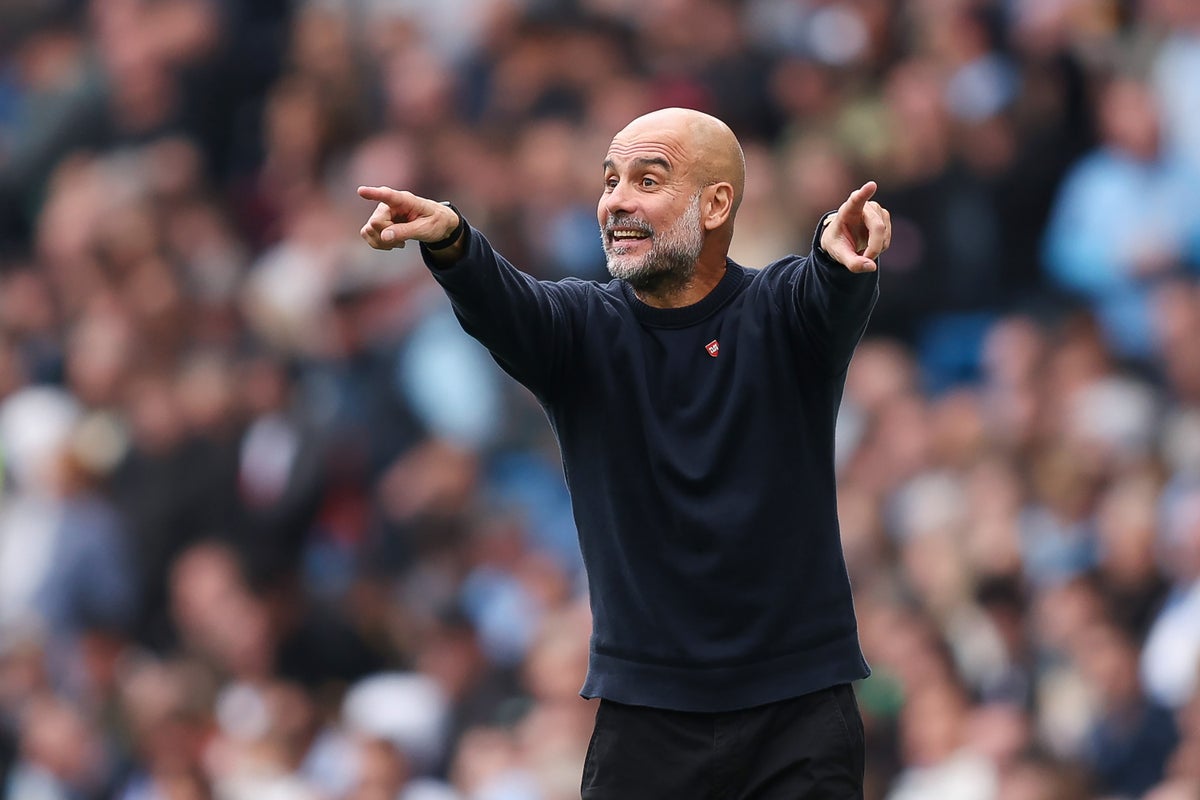



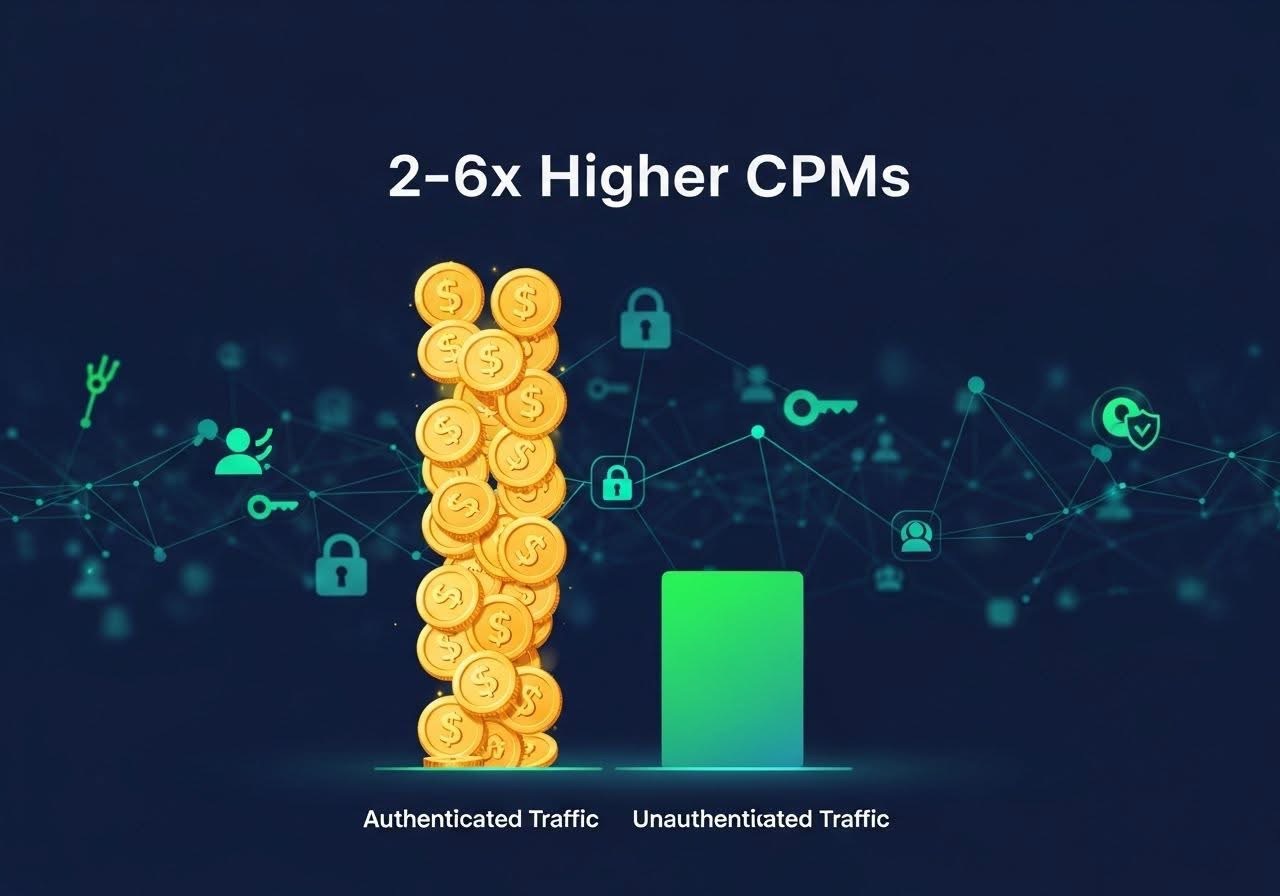

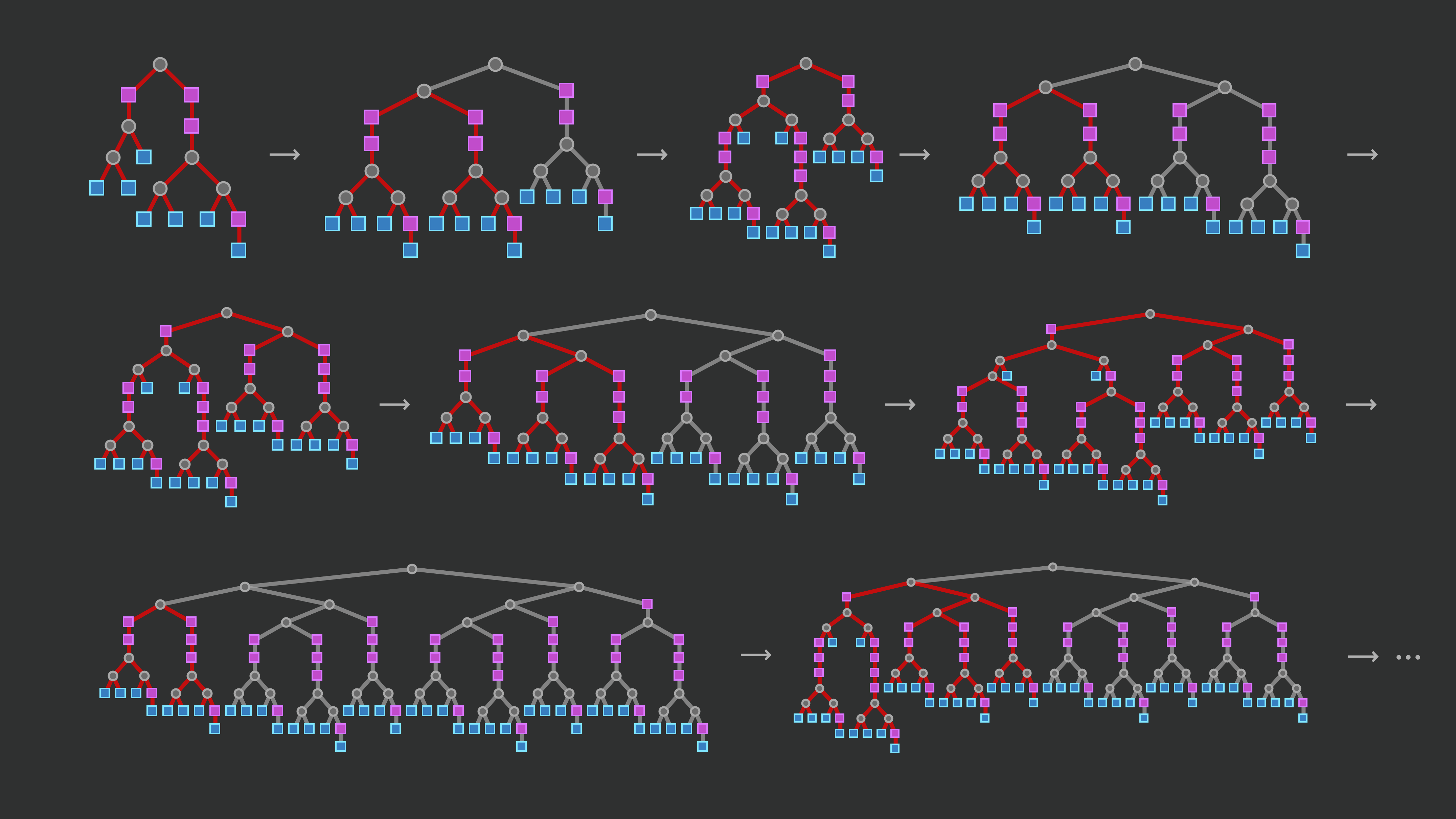
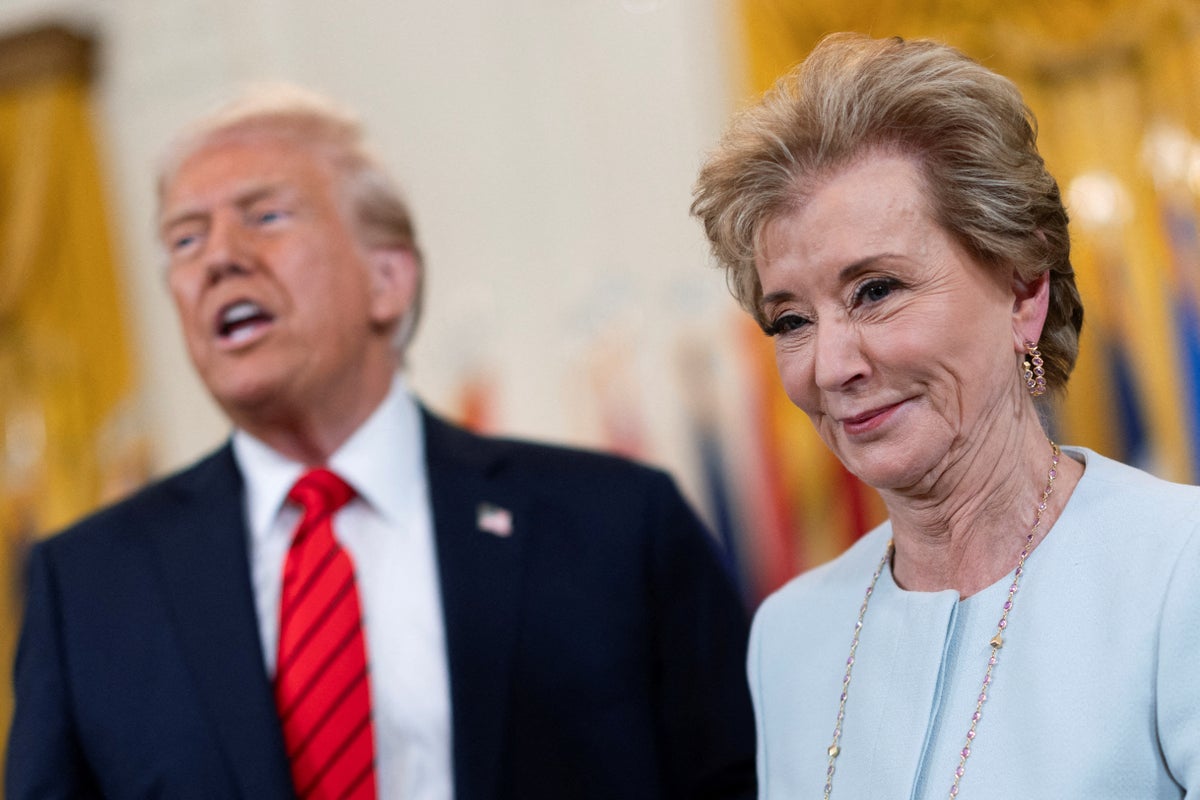
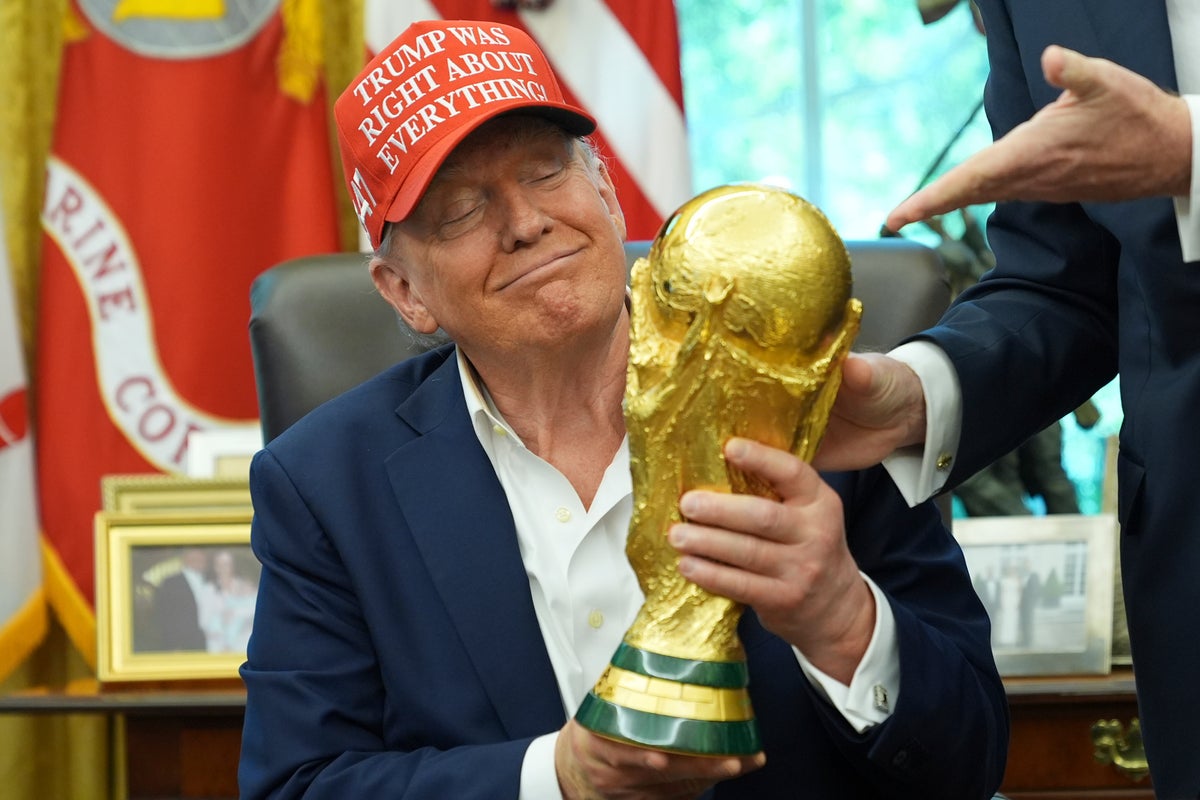



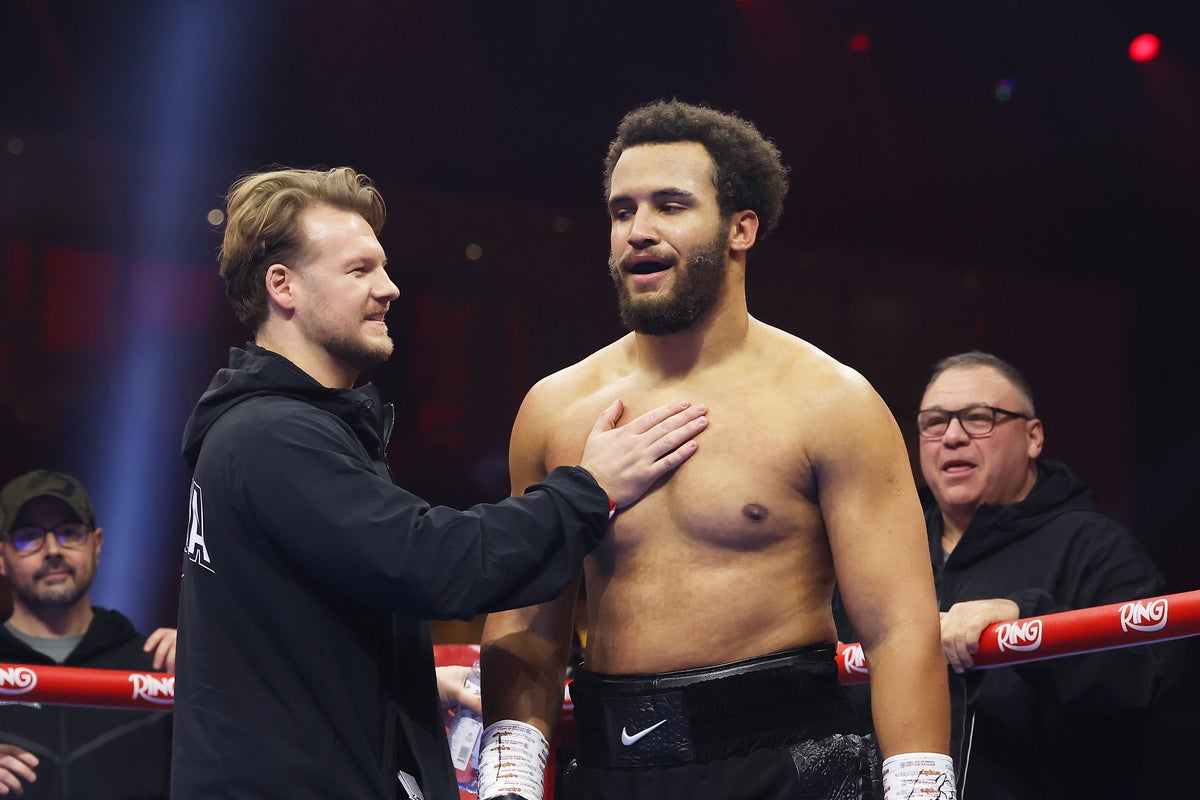
 English (US) ·
English (US) ·